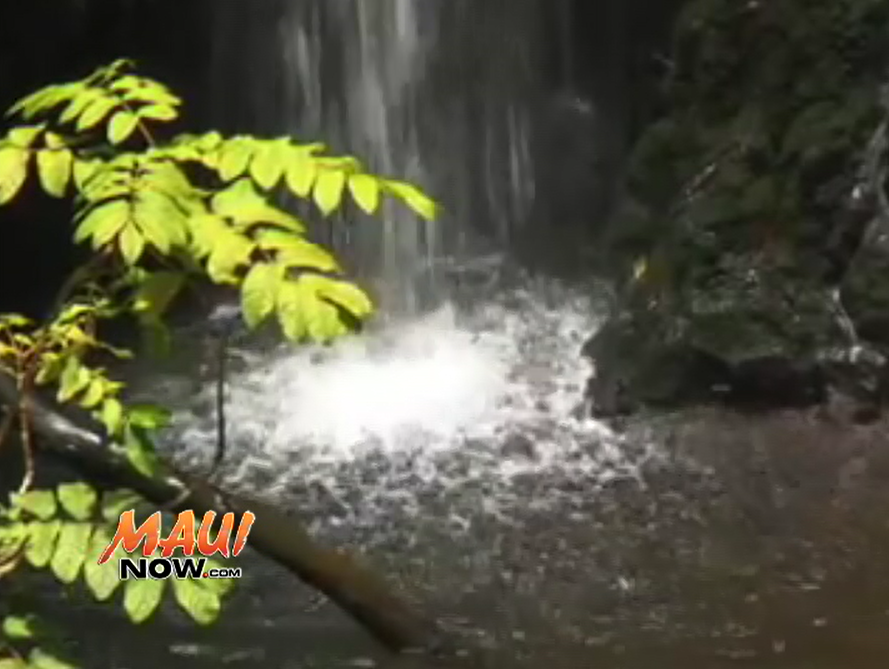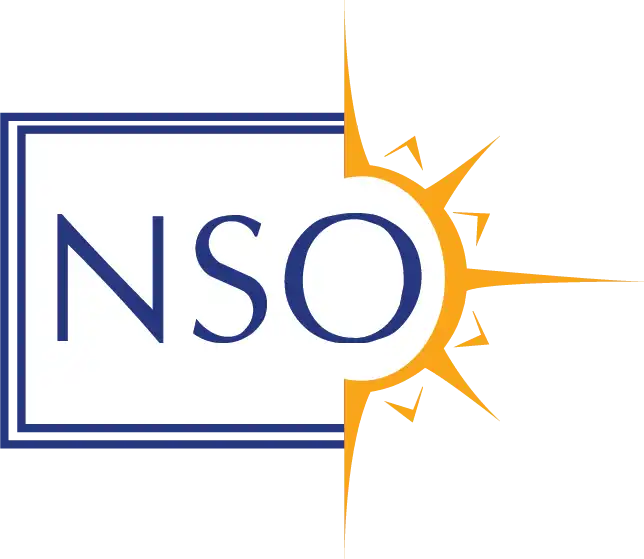Opponents: “Water Monopoly Bill” Will Eliminate Oversight

East Maui Water. Maui Now file image.
Eight organizations have joined in voicing opposition to House Bill 1536, which they have dubbed the “Water Monopoly Bill.”
The measure seeks to clarify that the Board of Agriculture has the power to acquire property by eminent domain for the construction and maintenance of water facilities that convey, distribute, and transmit water for agricultural uses, but not for domestic use. The measure also seeks to amend the definition of “public utility” to exclude entities that convey, transmit, and distribute non-potable water.
Opponents argue that the bill would eliminate public oversight of private companies that supply irrigation water.
“This bill offends fundamental principles about water in Hawaiʻi. Water is a public trust for the people, not for monopoly profits,” Marti Townsend, Sierra Club of Hawaiʻi Director said after the Senate vote.
At least 11 water companies are currently regulated by the PUC for supplying irrigation water. Sierra Club leaders argue that more such water companies could surface if former plantations move into the business of purveying water.
“If the Legislature passes this bill, then private corporations will be allowed to make unlimited profit from selling water, which will create new incentive to divert water from public streams,” said Albert Perez, Executive Director for Maui Tomorrow Foundation. “H.B. 1536 would allow former plantations to maintain their monopoly over water and sell it to others without any regulation.”
Advocates for the bill contend the PUC lacks expertise in water issues and therefore should not be deciding irrigation rate cases.
“If there is genuine concern about the PUC’s expertise in an area, there are a lot better ways to address them than creating unregulated market in water,” said Townsend, “the Legislature can issue statutory guidance, require regulations, or even transfer oversight to another agency. But to exempt these monopolies from any and all oversight is simply outrageous.”
H.B. 1536 was originally drafted to clarify that irrigation systems regulated by the Department of Agriculture are exempt from PUC oversight, but was expanded to include all irrigation systems.
The bill will now be assigned to a committee of Representatives and Senators for review during conference.









